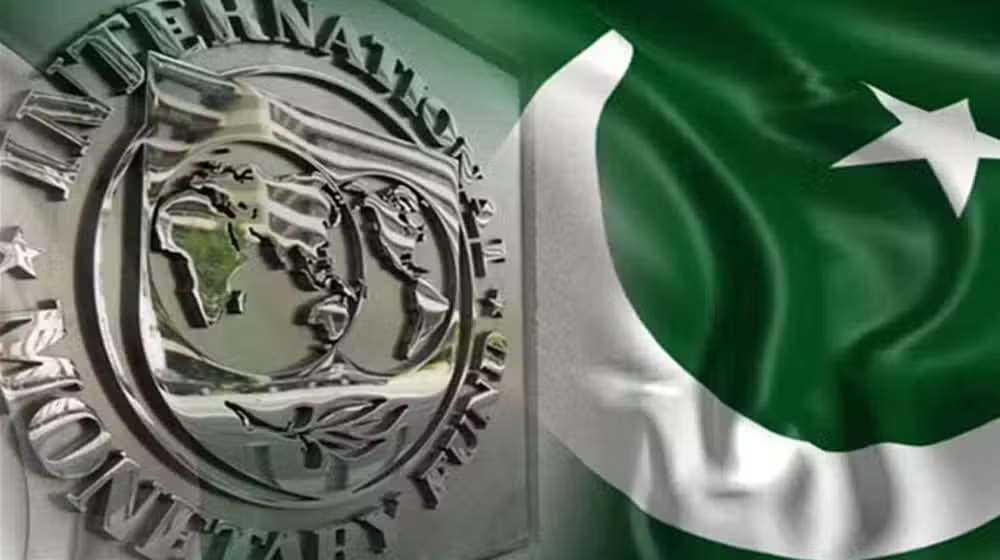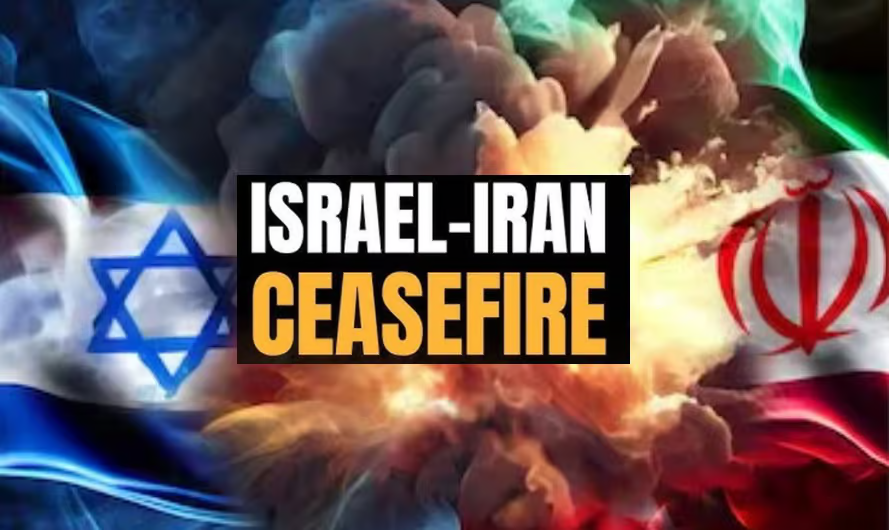The Ministry of Finance announced on Sunday that an International Monetary Fund (IMF) scoping mission is visiting Pakistan to conduct the Governance and Corruption Diagnostic Assessment (GCDA).
According to the Ministry, the three-member IMF mission will evaluate corruption vulnerabilities across six core state functions: fiscal governance, central bank governance and operations, financial sector oversight, market regulation, rule of law, and AML-CFT (Anti-Money Laundering and Combating the Financing of Terrorism).
The mission will primarily engage with key institutions, including the Finance Division, Federal Board of Revenue (FBR), State Bank of Pakistan (SBP), Auditor General of Pakistan, Securities & Exchange Commission of Pakistan (SECP), Election Commission of Pakistan, and the Ministry of Law & Justice.
The Finance Division stated that the IMF has long provided guidance and technical assistance to promote good governance, enhance public sector transparency, and improve accountability. The GCDA initiative aims to identify governance weaknesses and recommend targeted reforms to enhance institutional integrity.
Since 2018, the IMF has finalized 20 GCDA reports for countries such as Sri Lanka, Mauritania, Cameroon, Zambia, and Benin, with ten more assessments currently in progress. Under Pakistan’s EFF 2024 program, the government has committed to conducting the GCDA with IMF support to analyze governance and corruption vulnerabilities and implement priority structural reforms.
READ MORE: Gold Price Hits Historic High, Crossing Rs. 300,000 Per Tola Mark
The GCDA report will outline actionable recommendations to address corruption risks, strengthen governance, and support economic reforms. These measures will help Pakistan promote transparency, build institutional resilience, and achieve sustainable economic growth.
Historically, the IMF has focused on macroeconomic stabilization, inflation control, and market efficiency. However, it recognizes that broader institutional reforms, including governance improvements and anti-corruption measures, are essential for sustaining economic growth.
In 1997, the IMF introduced a governance policy to address economic governance and corruption issues. This was further strengthened in 2018 with the Framework for Enhanced Engagement on Governance, which promotes systematic and effective engagement with member countries on governance challenges.
The Government of Pakistan appreciates the IMF’s technical support in this regard, as stated by the Ministry of Finance.




